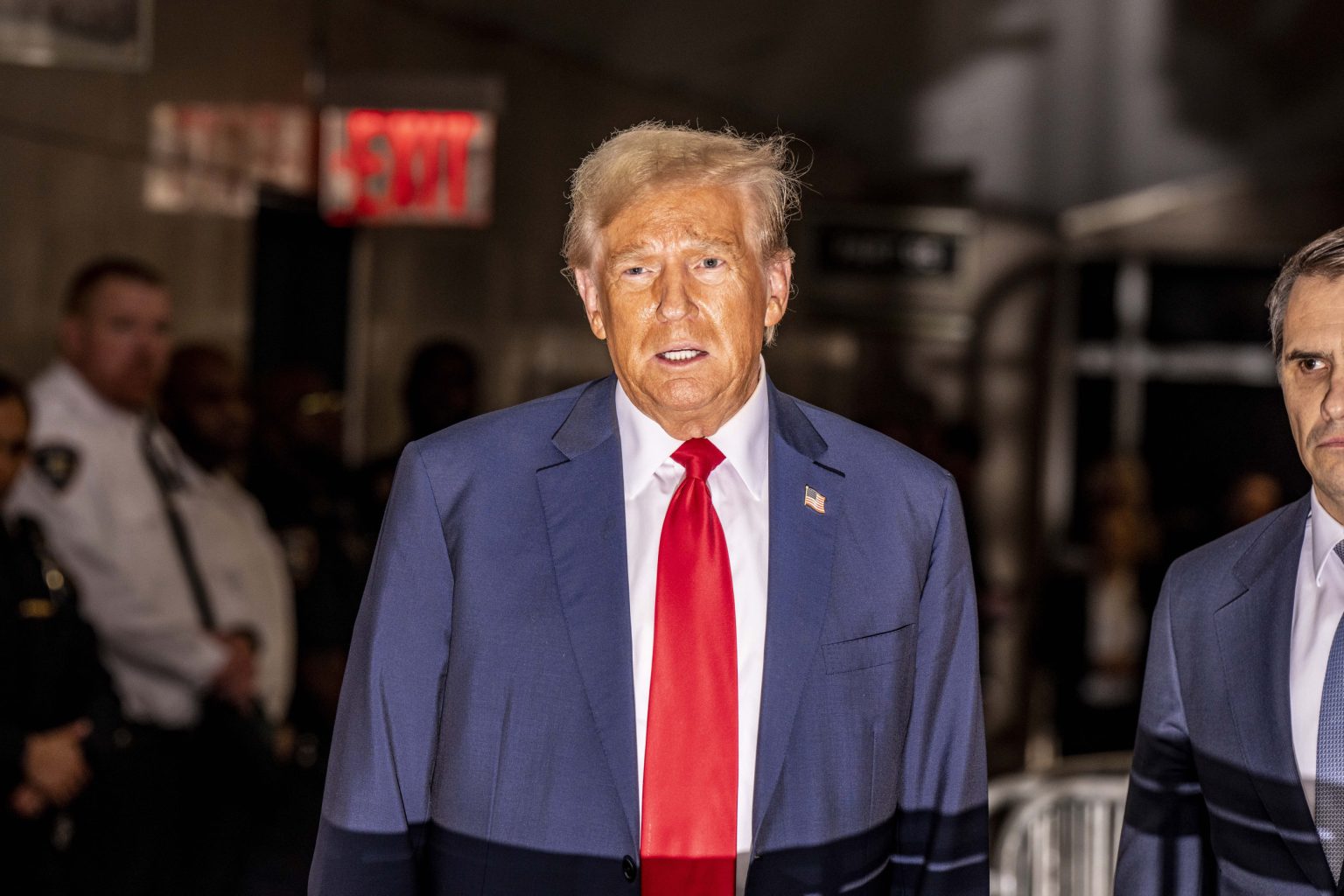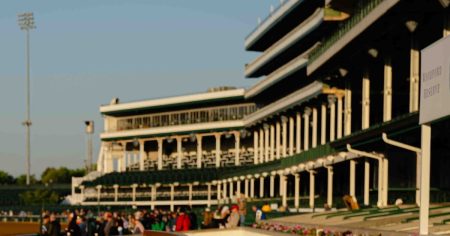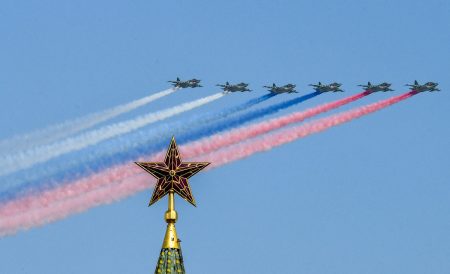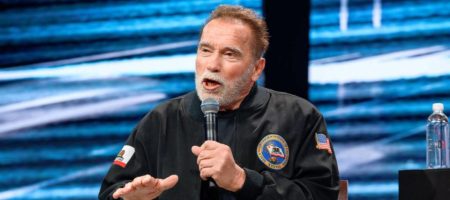The Supreme Court heard former President Donald Trump’s claim of immunity from prosecution for crimes related to overturning the 2020 election results. Trump’s lawyer argued that a president can’t be held liable for “official” acts unless convicted following an impeachment. Chief Justice John Roberts challenged this notion, questioning if taking a bribe for an ambassador appointment was “official.” The lawyer claimed the appointment is official, but the bribe isn’t, leading to confusion.
The lawyer also claimed that a president would be immune from criminal liability, even for murder, unless impeached and convicted, based on the argument that presidential actions are not subject to ordinary criminal laws. However, the Special Counsel lawyer argued that there is no liability for core presidential functions, and the court shouldn’t waste time on them. Trump is charged with engaging in a fraud for personal gain, using his official post to pressure officials to subvert the election.
The court should clarify that routine presidential actions combined with personal fraud do not change the nature of the acts or immunity. They should avoid setting strict limits on what constitutes official acts, as unforeseen scenarios may arise in the future. The lower court should not hold hearings before trial on the indictment’s scope, but simply decide that the alleged actions were outside the scope of presidential duties. Trump’s argument that official act criminal liability can only follow impeachment and conviction is dangerous and could lead to consequences-free crimes for the president.
The lawyer’s argument attempts to shield the president from criminal liability for actions related to overturning the election results and other personal gains. The court should not allow this argument to undermine the rule of law or the accountability of public officials. It is essential to uphold the principle that no one, not even the president, is above the law. The Supreme Court’s decision in this case will have far-reaching implications for the limits of presidential immunity and the rule of law in the United States.














